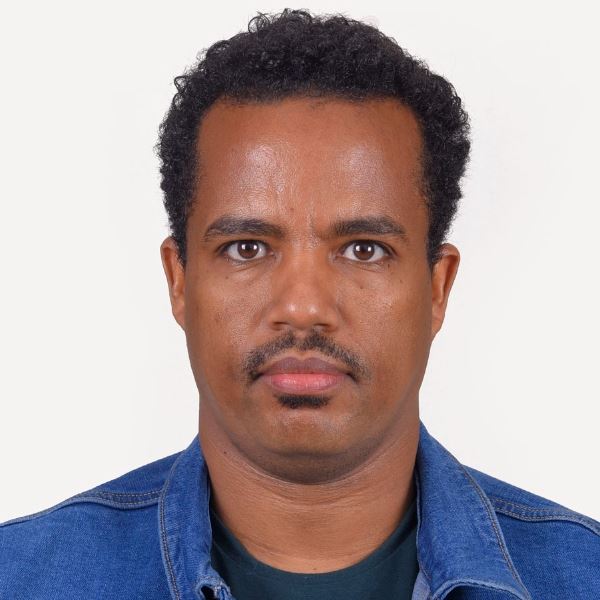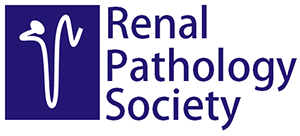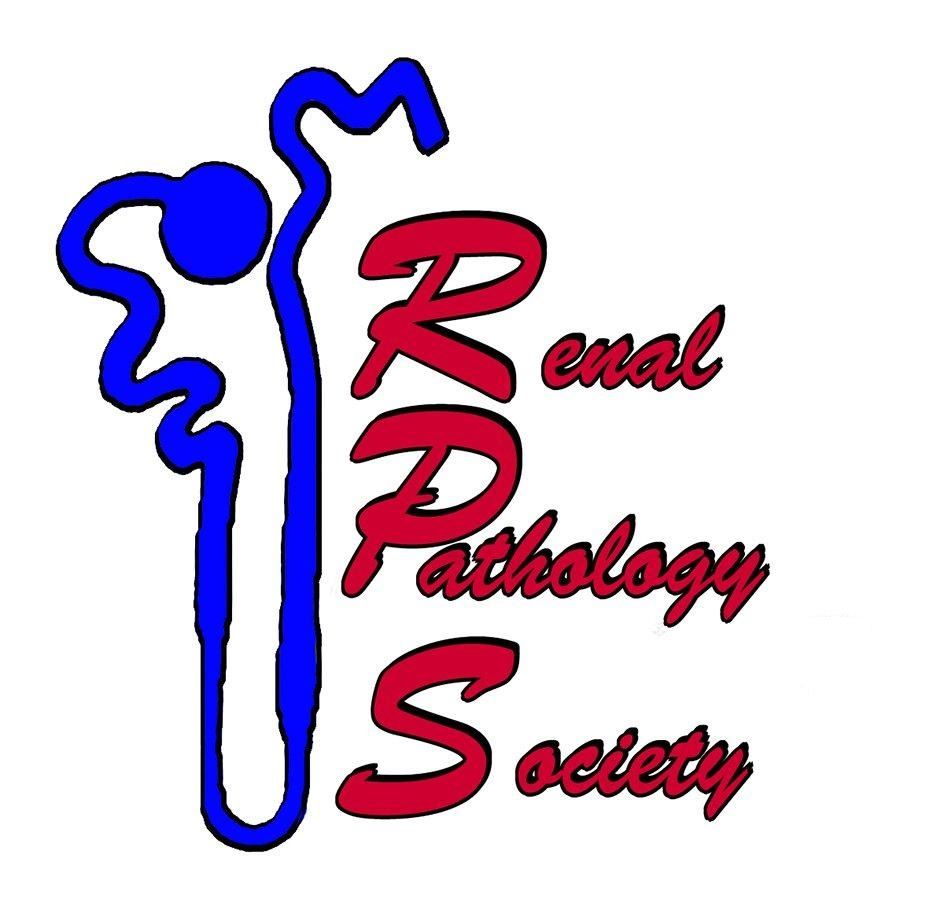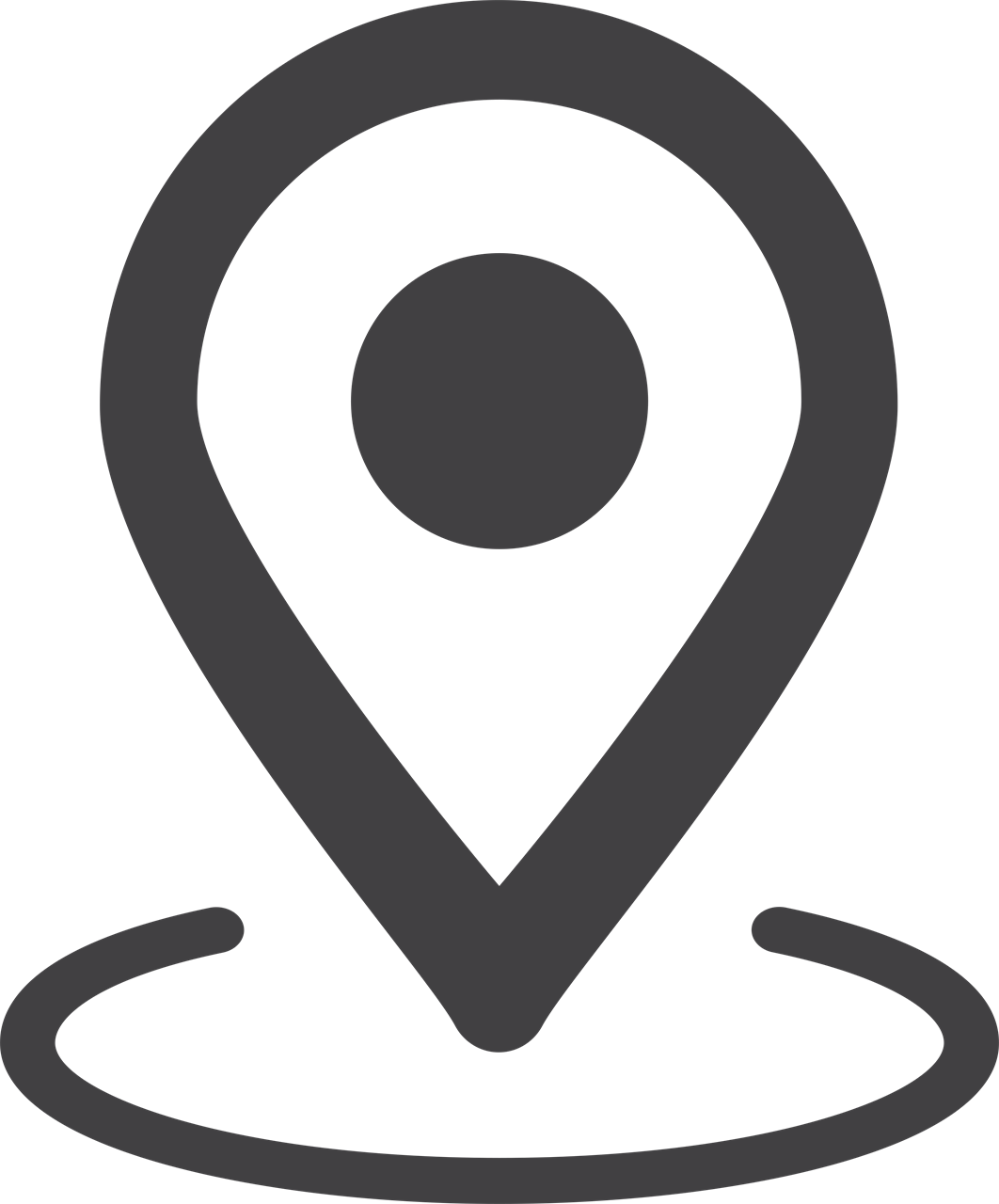Dear
RPS members,
 In 2023, the RPS
will continue to focus on embracing diversity, equity, and inclusion; and on
broadening our international network. One way to achieve this goal is
to celebrate a semi-monthly calendar of observances and appreciations with
10-question interviews highlighting our diverse pool of members. As February is Black History Month, our February
2023 interview is with Dr. Dawit Demeke, who was a former Assistant Professor
of Pathology at St. Paul’s Hospital Medical College in Ethiopia, and is
currently a research fellow at the University of Michigan. Dr. Demeke is a former international member of
the RPS and was previously the director of renal pathology at St. Paul’s Hospital
Medical College, Addis Ababa, Ethiopia. He
was one of the founding faculty and a postgraduate program director in the
department of pathology at St. Paul, and he pioneered Renal Pathology services
for the first time in his country. He is currently a Team Leader at Dr. Jeffrey
Hodgin’s laboratory at the University of Michigan. Please
find his interview below, and see the links about Black History Month and
histology services in Ethiopia!
In 2023, the RPS
will continue to focus on embracing diversity, equity, and inclusion; and on
broadening our international network. One way to achieve this goal is
to celebrate a semi-monthly calendar of observances and appreciations with
10-question interviews highlighting our diverse pool of members. As February is Black History Month, our February
2023 interview is with Dr. Dawit Demeke, who was a former Assistant Professor
of Pathology at St. Paul’s Hospital Medical College in Ethiopia, and is
currently a research fellow at the University of Michigan. Dr. Demeke is a former international member of
the RPS and was previously the director of renal pathology at St. Paul’s Hospital
Medical College, Addis Ababa, Ethiopia. He
was one of the founding faculty and a postgraduate program director in the
department of pathology at St. Paul, and he pioneered Renal Pathology services
for the first time in his country. He is currently a Team Leader at Dr. Jeffrey
Hodgin’s laboratory at the University of Michigan. Please
find his interview below, and see the links about Black History Month and
histology services in Ethiopia!
Black History Month Status of Histopathology Services in Ethiopia
1.
What is your name, where were you born, where do you
work?My name is Dawit Solomon Demeke, I was born in
Ethiopia in a city called Shashemene. I currently work at the University of
Michigan, Ann Arbor, Michigan.
2.
What is your number one topic of
interest in nephropathology?
I like most, if not all topics and subtopics in renal pathology. But due to my current engagement, I am inclined
more toward digital pathology and AI. As
a research fellow in Dr. Hodgin’s laboratory, I will help to integrate novel
approaches to renal pathology analysis with molecular data and clinical
outcomes.
3.
What is the thing you like most
about your job?
Teamwork is always my passion, I enjoy teaching. I trained several medical
students and pathology residents. My current engagement is technology driven and
dynamic, which I’m always excited about.
4.
What is the most challenging
aspect of your job?
Sometimes, you need to manage your time effectively so that you get
things done on time. Time management is challenging at times especially when
you have a family to deal with. In my
pathology practice in Ethiopia, the most challenging part of my job was
frequent renal pathology service interruption due to a lack of resources and
procurement bureaucracy which sometimes makes it impossible to provide the
service required.
5. What did you want
to become when you were a child?
I always wanted to become a medical doctor when I was a child and I
became a doctor as I wanted! I wanted to do my residency in internal medicine,
but later changed my mind to study pathology and I became a pathologist
/nephropathologist.
6. What would be your wish for the future - in general
or in relation to your work?
I wish for the infrastructure for renal pathology services to improve in
Africa and all third-world countries. I
wish nephrologists in developing countries could base their management of
patients on biopsy reports as this significantly improves patient outcomes. I
would say resource mobilization from rich to poor countries is vital.
7. Any special interests apart from Nephropathology?
Yes, apart from nephropathology I’m interested in Gynecologic pathology and
cervical cytopathology. In my career as a pathologist in Ethiopia, I noted that
the incidence of cervical cancer is very high because there is no standardized
screening method like a pap smear, which could have prevented many mothers from
dying with early detection of precancerous cells. I always wanted to advocate for
Pap smear as a screening method for the prevention of cervical cancer, as it has
proven to be in other parts of the world. As a person who practiced pathology in
low-resource settings, I used to interpret and report biopsies taken from most
organs.
8. How do you think Renal Pathology will look in 10
years’ time?
In ten years, I will expect applications of AI and digital pathology
solutions to be commercialized and utilized for the diagnosis of kidney
diseases and other organs. In addition,
I’m also hopeful to see an increasing number of nephropathologists trained and working
in third-world countries.
9. Who would you consider to be your mentor in renal
pathology or pathology in general?
There were many pathologists who shaped my path in pathology but currently,
Dr. Jeffrey Hodgin is my mentor. I’m
learning a lot from him and his team. In
Dr. Hodgin’s laboratory at the University of Michigan, we are actively researching
developments of AI and digital pathology solutions in nephropathology. In my time as visiting clinician, I was
mentored by Dr. Lynn D. Cornell and her colleagues at Mayo Clinic in Rochester,
Minnesota. I’m grateful to everyone who helped/is helping my professional
career development.
10. What is your
favorite non-work-related activity or way to spend your time?
Whenever I have free time to spend, I enjoy performing certain indoor and
outdoor sporting activities. I also enjoy spending time with my family.

Bonus Question:
Have you experienced any challenges or is there anything you would like
the RPS to know about navigating the field of academic medicine and pathology
as an international medical graduate? Are there specific experiences that you
would like to share?
In my practice
as a pathologist & nephropathologist, resources are always a problem,
especially in a third-world country that hinders the delivery of optimum
healthcare services to patients. Resource mobilization should be a strategy to
improve kidney care across the globe. In
addition, fellowship training to produce more nephropathologists in third-world
countries and utilization of technology in the context of low-resource settings
are key opportunities to improve global health worldwide.
To give a good example of this, we established a renal pathology service
wing in my hospital in Addis Ababa with a donated fluorescent microscope from
the University of Duke which was facilitated by Dr. Gustaaf De Ridder who was a
fellow there at that time. ISN also
helped the establishment process by sending its educational ambassador, Dr. Lois
J. Arend (Nephropathologist) and Zainab Vanhorn-Ali (histotechnologist) to give
hands-on training on-site. I believe
this is a good example of resource mobilization & collaboration for the
needy. I’m thankful to all who
participated!.

 In 2023, the RPS
will continue to focus on embracing diversity, equity, and inclusion; and on
broadening our international network. One way to achieve this goal is
to celebrate a semi-monthly calendar of observances and appreciations with
10-question interviews highlighting our diverse pool of members. As February is Black History Month, our February
2023 interview is with Dr. Dawit Demeke, who was a former Assistant Professor
of Pathology at St. Paul’s Hospital Medical College in Ethiopia, and is
currently a research fellow at the University of Michigan. Dr. Demeke is a former international member of
the RPS and was previously the director of renal pathology at St. Paul’s Hospital
Medical College, Addis Ababa, Ethiopia. He
was one of the founding faculty and a postgraduate program director in the
department of pathology at St. Paul, and he pioneered Renal Pathology services
for the first time in his country. He is currently a Team Leader at Dr. Jeffrey
Hodgin’s laboratory at the University of Michigan. Please
find his interview below, and see the links about Black History Month and
histology services in Ethiopia!
In 2023, the RPS
will continue to focus on embracing diversity, equity, and inclusion; and on
broadening our international network. One way to achieve this goal is
to celebrate a semi-monthly calendar of observances and appreciations with
10-question interviews highlighting our diverse pool of members. As February is Black History Month, our February
2023 interview is with Dr. Dawit Demeke, who was a former Assistant Professor
of Pathology at St. Paul’s Hospital Medical College in Ethiopia, and is
currently a research fellow at the University of Michigan. Dr. Demeke is a former international member of
the RPS and was previously the director of renal pathology at St. Paul’s Hospital
Medical College, Addis Ababa, Ethiopia. He
was one of the founding faculty and a postgraduate program director in the
department of pathology at St. Paul, and he pioneered Renal Pathology services
for the first time in his country. He is currently a Team Leader at Dr. Jeffrey
Hodgin’s laboratory at the University of Michigan. Please
find his interview below, and see the links about Black History Month and
histology services in Ethiopia! 


